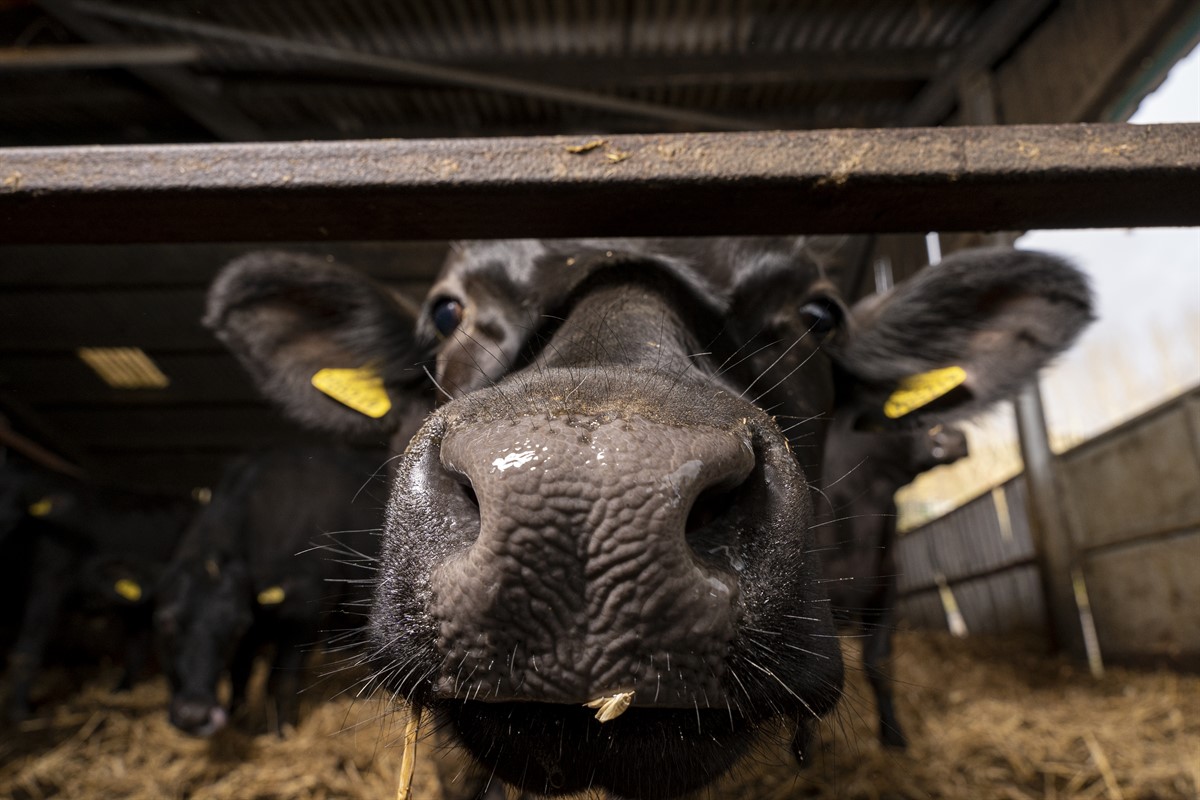What is the new BVD Legislation?
Welsh Government has introduced legislation - the Bovine Viral Diarrhoea (Wales) Order 2024 - to support the eradication of BVD from Wales.
From 1st July 2024, cattle keepers are legally required to complete an annual herd screen by 1st July 2025. All herds in Wales, without exception, will have to be tested. A herd is all bovine animals assigned to the same CPH number.
The WVSC has established a free-of-charge, unfunded, BVD helpline to take queries from farmers and vets as we navigate through all the permutations relating to the new rules. The helpline can be reached by telephoning 01970 612374.
A stakeholder group with representatives from across the Welsh cattle industry, known as BVD Cymru, is working with Welsh Government on the implementation of this legislation. As part of this, a BVD Technical Advisory Group (TAG) was set up in June this year, representing a mechanism by which more complex parts of the legislation could be further developed. The WVSC continues to work with Welsh Government and other stakeholders by feeding queries and comments from the helpline to the TAG in order to expedite decision making in these areas.
About the WVSC
We are a not-for-profit veterinary diagnostic laboratory based in Aberystwyth. We are proud to work with, and for, farmers and vets in Wales.
We support the veterinary and farming sectors by providing expert livestock postmortem examinations. You can find more information here - https://www.wvsc.wales/post-mortem-examinations/
We offer a variety of diagnostic tests, including BVD antibody/antigen testing and sheep scab. We offer individual or combined testing services, including abortion and flock screening packages. Find more information here - https://www.wvsc.wales/laboratory-services/
We feed into national surveillance work which monitors levels of disease in the livestock population of the UK and provides information about new or re-emerging diseases.
When should I carry out the annual herd screen?
The most opportune time to undertake BVD screening is at the same time as the annual TB test. However, if appropriate cattle are not present at this time your vet will use their knowledge of your farm to screen other animals during the annual TB test or test at a more suitable time when youngstock will be older.
What animals should be chosen for the screening test?
Animals chosen for the screening test should be homebred, unvaccinated and have resided within the sampled management group for at least two months.
For most cattle keepers, the test will involve a youngstock screen of five animals between nine and 18 months of age.
Using this age group will avoid maternally derived antibody (MDA) interference with testing and reflect the most up to date BVD status of the herd.
Are there alternatives to a youngstock screen?
If there are no cattle within the nine to 18 month age bracket available, then 10 animals under nine months of age may be selected for screening. However, the presence of MDA means a positive result is more likely with this selection.
Alternatively, at least five animals can be sampled from animals over 18 months of age. However, as these older animals are more likely to have been vaccinated in the past and/or have residual antibodies to BVD it increases the possibility of a positive result.
Where there are less than five animals then all should be sampled for BVD antibodies.
What about vaccination?
BVD vaccination will affect the herd screen results. Therefore, unvaccinated animals should be sampled and the vaccination strategy for the farm should be developed with annual screening in mind. Farmers should speak to their vet about their individual circumstances.
Further guidance on vaccination is currently being developed by BVDCymru and will be issued in due course.
I have my BVD results – what now?
Negative herds require no further action until the next sampling deadline which is 12 months after the last screen.
Herds with one or more antibody positive animals will be given a ‘not negative’ status. From 1st July 2025, not negative herds will be required to test all cattle as soon as practical to identify Persistently Infected (PI) animals. PIs should be kept in isolation, and it is recommended they are culled as soon as possible. Not negative herds will also be unable to move any cattle (except to slaughter) unless they test BVD virus negative.
Where there are a low number of antibody positive animals, and the farm history is inconsistent with the presence of BVD, BVDCymru advises that animals previously tested as negative, plus additional untested animals from the same cohort to make five in the screening group, are tested after 28 days. If these animals are negative at this test, then this can be used as evidence that the farm is BVD negative.
Is the BVD Cymru Database ready?
The WVSC is working with Welsh Government to ensure that test results can be uploaded on to the new BVD Cymru database. This database will allow BVD test results to be shared between farmers, vets and laboratories and in time, it will be amalgamated into EIDCymru once it is operational for cattle. Work on this area is ongoing, with successful trials undertaken earlier this month. Once the database is up and running, samples tested by the WVSC will be uploaded on to the database on your behalf free-of-charge. Herd status notifications will be sent direct from the database.
How do I book a BVD test?
The WVSC is accredited to conduct BVD testing. To book a test with us please contact your vet. We really value your support in safeguarding the future of a Welsh diagnostics laboratory in Wales.
